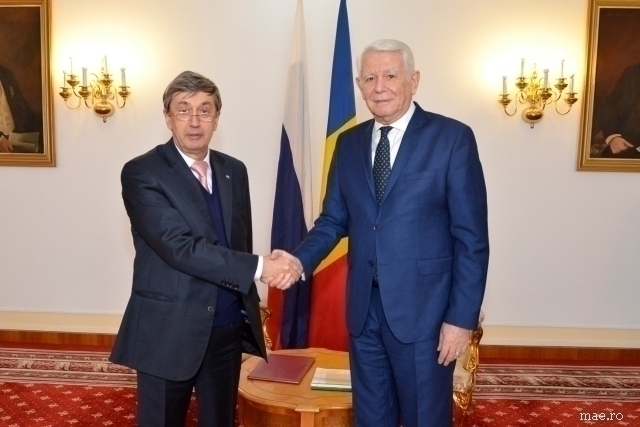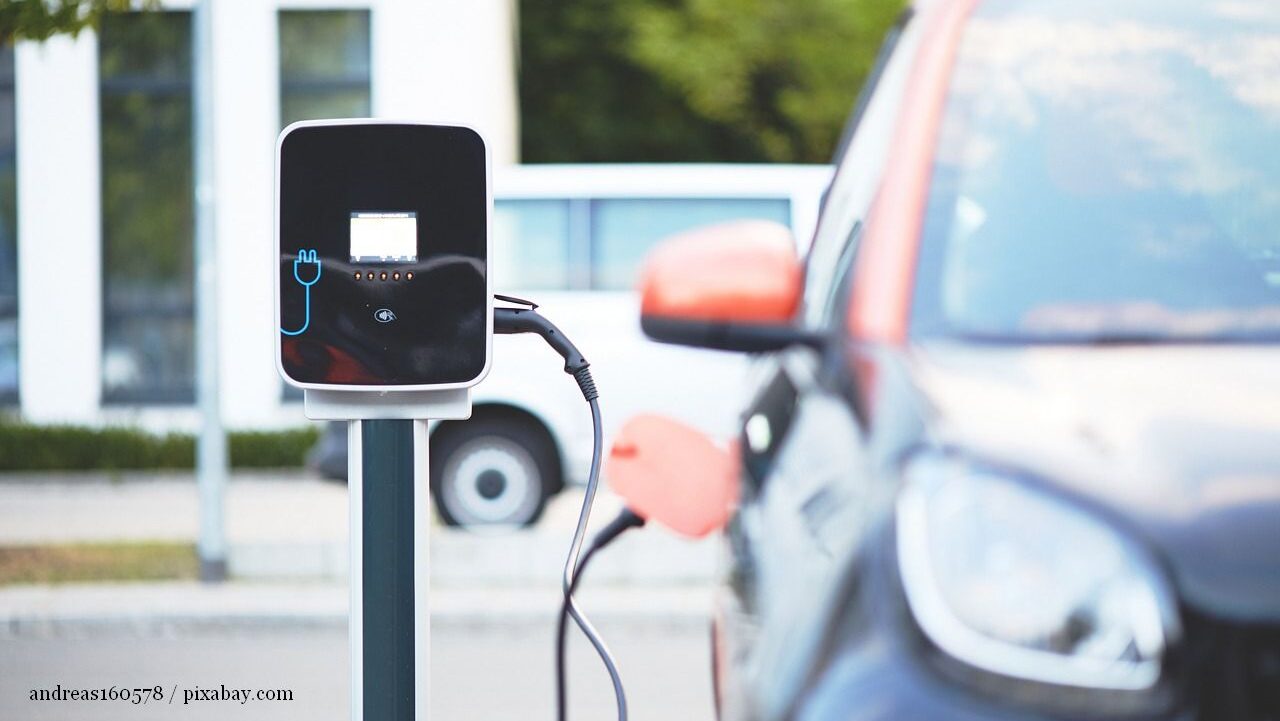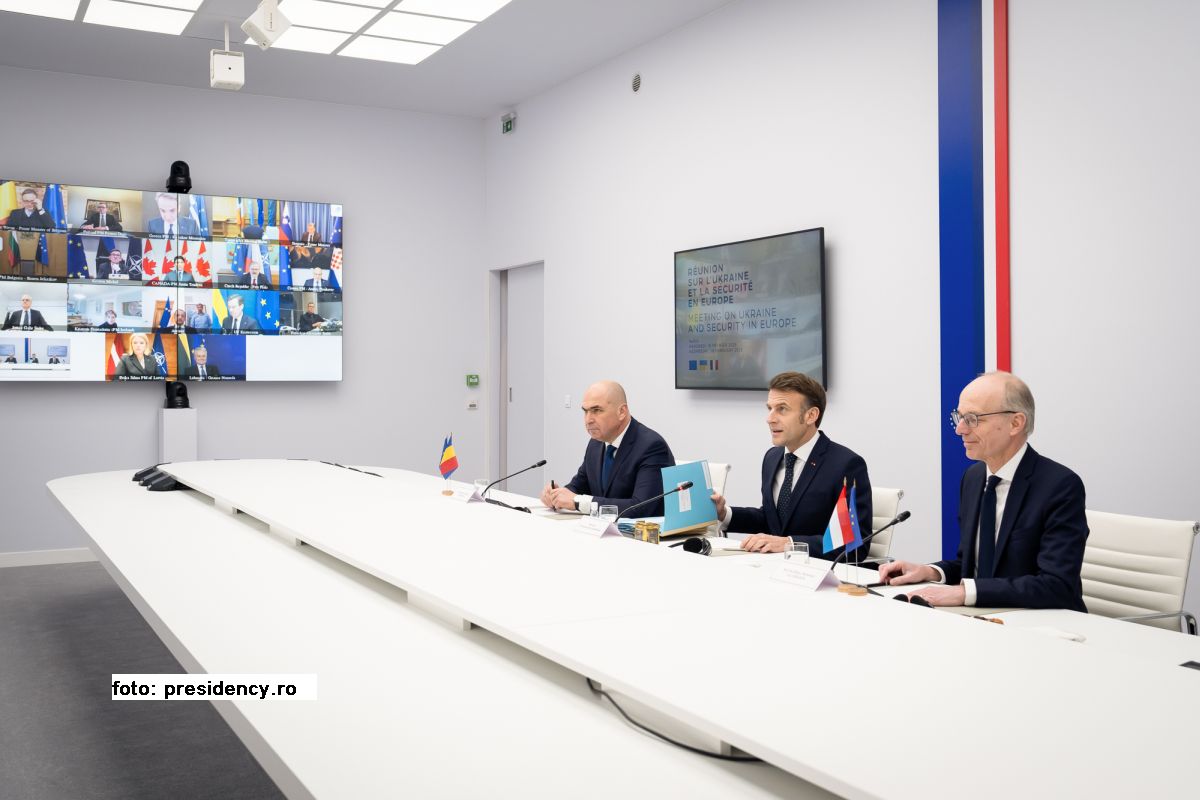Romanian-Russian ties in the context of EU sanctions
Irrespective of the ideological orientation of the Romanian government, the countrys foreign policy remains firmly committed to the western values and to its EU and NATO membership

Bogdan Matei, 20.02.2017, 13:34
Recent opinion polls on foreign policy issues reveal that, of all the important international players, Russia is the country that Romanians trust the least. If we attempt an explanation from the historical perspective, the 12 Russian military invasions in the past three centuries, the USSR’s annexation of the eastern Romanian territories in 1940 and the instatement by force, after WW2, of a puppet communist regime in Bucharest are surely some of the reasons.
At present, Romania is a neighbor of two former Soviet republics, Moldova and Ukraine, both devastated by the pro-Moscow secessionism. At the same time, it is a NATO and EU outpost. Loyal to the principles and values that define these two organizations, Bucharest has not hesitated to plead for the consolidation of the allied military presence in Eastern Europe and for keeping in place the economic sanctions imposed by the EU on Russia, in answer to the latter’s annexation of Crimea.
Having returned, after two years, at the helm of the Romanian diplomacy, at the proposal of the coalition government made up of the Social Democratic Party and the Alliance of Liberals and Democrats, Teodor Melescanu said on Radio Romania that the relationship between Bucharest and Moscow was further maintained within the limits imposed by the EU sanctions.
Melescanu made this specification after the Russian Ambassador to Bucharest, Valeri Kuzmin had announced in the Russian media that three bilateral cooperation programmes would be signed, that a Romanian-Russian business forum would be organized in Moscow and that he anticipated a better collaboration between Russia and the new leftist government in Bucharest.
Teodor Melescanu: “We will further cooperate, but within the limits of the sanctions decided by the EU, which we also agreed with. Obviously, the cultural relations between Romania and Russia will not be affected; on the contrary, they should be enhanced. As for our dialogue with Russia, it will be pragmatic and constructive as far as we are concerned, with the strict observance of the limits imposed by our NATO and EU membership.”
Melescanu made these statements after having participated, in Munich, in an annual conference on security that brought together tens of defense and foreign ministers and hundreds of MPs, experts, analysts and journalists from all over the world. In Munich, Russian Foreign Minister Serghei Lavrov prophesized a post-western future. Talking about Lavrov’s speech, Teodor Melescanu said:
Teodor Melescanu: “It is obviously in line with the Russian Federation’s foreign policy but what he did was to transpose it in a speech, which was listened to with a lot of interest but did not have special impact on the audience.”
The German media noted that in Munich the Romanian Foreign Minster firmly reiterated his country’s pro-European and pro-NATO stand.






























